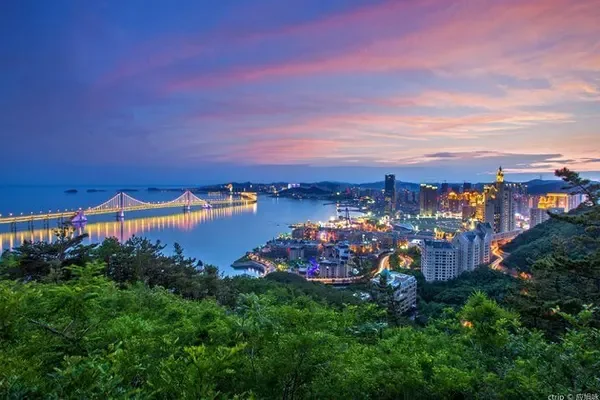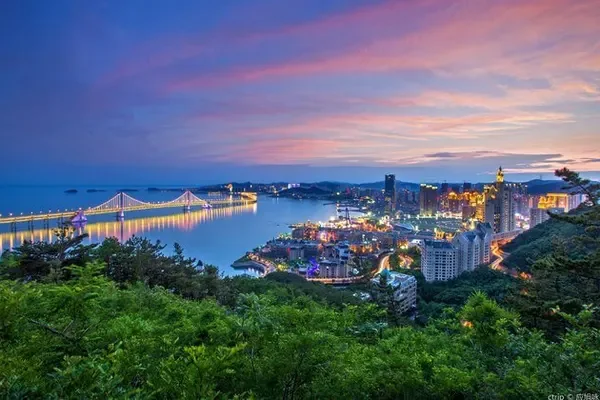introduce
Today's Jiuzhouchi Ruins Park covers an area of 288 mu, including three parts: the Dainaidian area in the northwest of Miyagi, the part of Taoguang Garden in the north of Miyagi, and the Jiuzhouchi Royal Garden in the west of Miyagi in the north-central part of the city. There are 12 ruins in total. , for protective display through a variety of scientific means. We hope that through means and forms such as the original site display of ancient ruins and ground simulation, more people can learn about the style and appearance of the imperial gardens in the Sui and Tang Dynasties.
As the Imperial Palace of Luoyang City in the Sui and Tang Dynasties, Jiuzhou Pool actually existed in history. According to the records of "Tang Liangjingcheng Fang Kao", "Jiuzhou Pond, its pool is curved, and there are several islands in the pool, like Jiuzhou in the East China Sea. It occupies an area of ten hectares, the water depth is more than ten feet, birds and fish swim, and flowers are planted." In 1960, archaeologists discovered it while excavating Luoyang City in the Sui and Tang Dynasties. The Gongcheng District of Luoyang City in the Sui and Tang Dynasties was composed of the central core area and many small cities around it. Jiuzhou Pool is located in the north-central part of Xige City on the west side of Miyagi Ouchi, accounting for about two-fifths of Xige City. The scope of "ten hectares of residence" in the records is based on the land-duty system of the Tang Dynasty. In the Tang Dynasty, one foot was about 29.5 centimeters, and ten hectares was about 520,000 square meters, which was larger than the entire Xige City. However, the actual archaeological measurement of the water area of Jiuzhou Pool is about 139,250 square meters.
Chinese classical garden art occupies a pivotal position in Chinese traditional architecture. The forms of Chinese landscape gardens, represented by literati gardens and royal gardens, are all aimed at pursuing the spiritual realm of nature, so as to achieve the aesthetic pursuit of "although made by man, it is like nature" and embody the cultural concept of "harmony between man and nature". This is completely consistent with the overall architectural concept of Luoyang City in the Sui and Tang Dynasties. As a royal garden, Jiuzhou Pool not only embodies the combination of nature and humanities, but also the concept of harmony and unity between man and nature, as well as the "ritual system" in traditional Chinese culture.
opening hours
Monday to Friday 09:00-20:30 throughout the year (stop ticket sales at 20:00, last entry at 20:00) Saturday to Sunday 09:00-22:00 (stop ticket sales at 21:30, last entry Park 21:30); in case of heavy passenger flow in the scenic area, the closing and working hours of the park shall be subject to the on-site arrangement.


